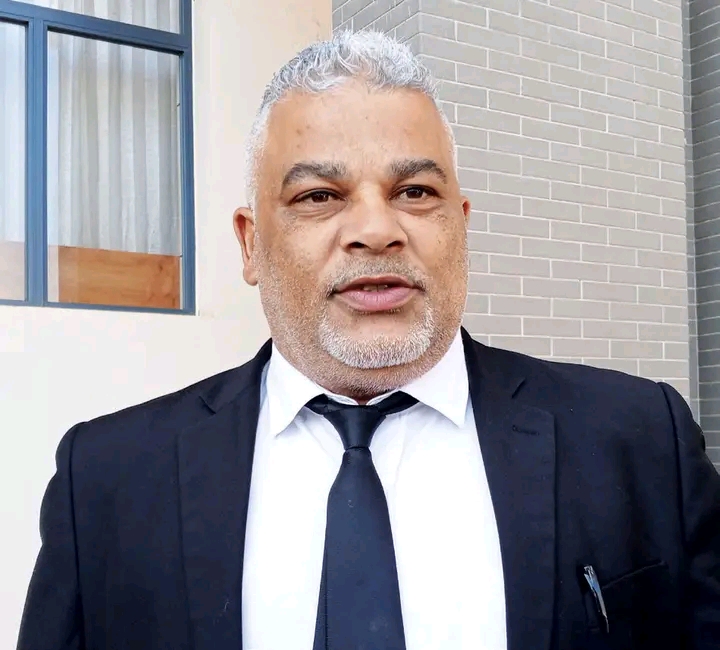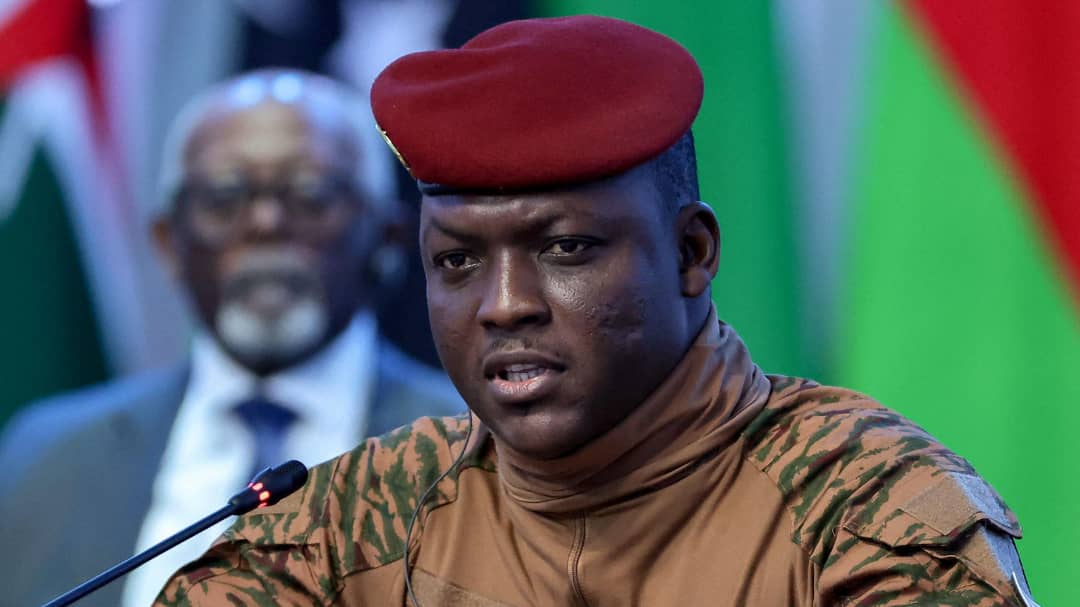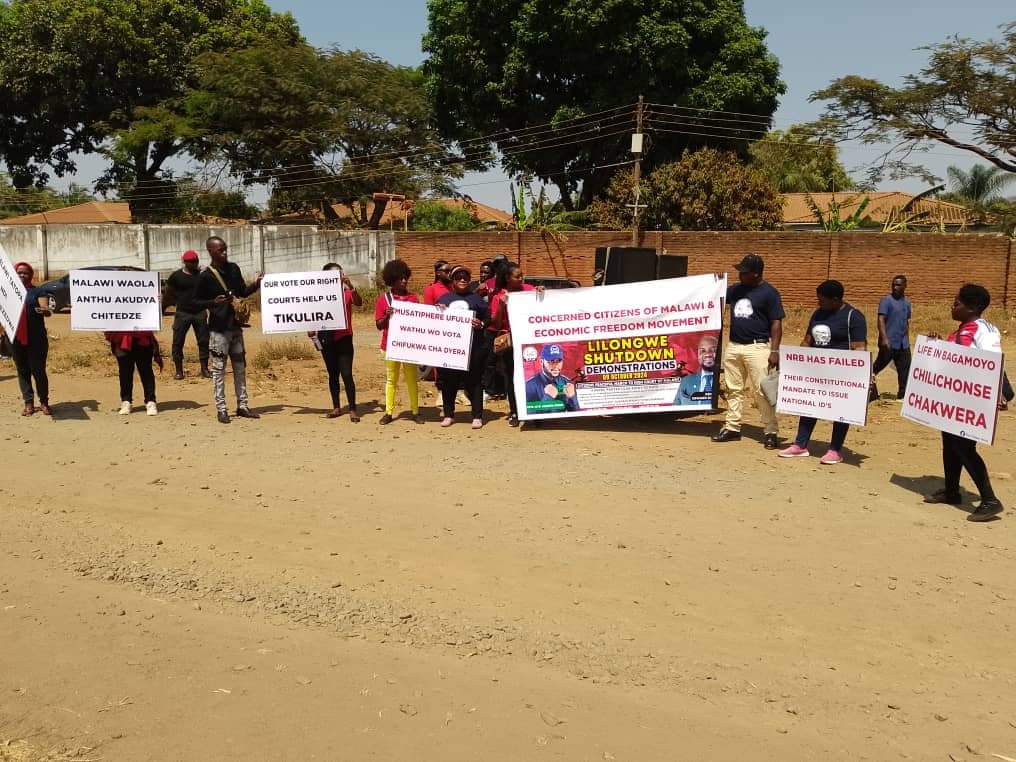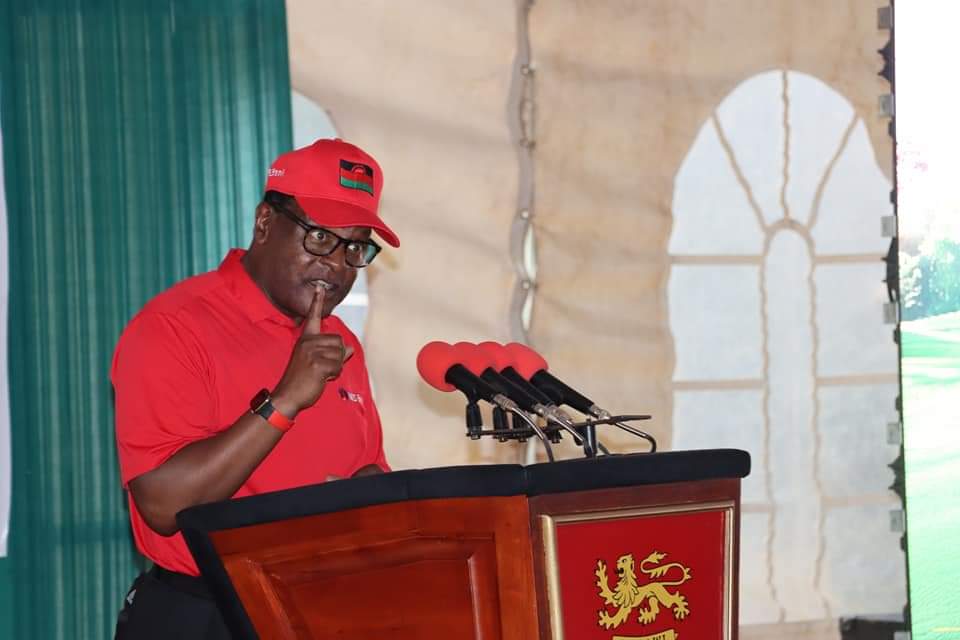By Burnett Munthali
In a move that has sent shockwaves across Malawi’s political landscape, the Malawi Police have detained Democratic Progressive Party (DPP) legislator Sameer Suleiman. The arrest, reportedly ordered by Malawi Congress Party (MCP) heavyweight Richard Chimwendo Banda, follows Suleiman’s explosive allegations that Chimwendo Banda, MCP Youth Director Baba Malondera, and Ken Zikhale Ng’oma were plotting his assassination.
The saga thickened when MCP Legal Affairs Director George Jarvis Kadzipatike filed a lawsuit on Malondera’s behalf, demanding a staggering payout of hundreds of millions of kwacha. Critics now argue that the twin tactics of litigation and arrest represent a coordinated effort to silence Suleiman and deter dissent.
After the allegations surfaced, Suleiman voluntarily surrendered himself to Blantyre Police. However, this gesture of compliance has done little to quell rising tensions. For many, the arrest is an alarming sign of the MCP’s increasing reliance on authoritarian tactics.
Political commentators have drawn parallels between this incident and the dark days of MCP’s one-party rule under Kamuzu Banda, when political opponents were routinely silenced through intimidation, arrests, and lawsuits. The current administration under President Lazarus Chakwera is being accused of resurrecting these tactics, effectively turning the police into an instrument of political oppression.
Observers warn that the Suleiman case is part of a broader pattern of repression. From opposition politicians to outspoken critics, those who challenge the MCP increasingly find themselves entangled in lawsuits or behind bars. “This is not just about Suleiman; it’s about stifling dissent across the board,” one analyst noted.
The arrest has sparked outrage among opposition members and civil society, who argue that the police are being weaponized for political gain. “This is not justice; this is a witch hunt,” a DPP official said.
As the legal and political drama unfolds, many Malawians are asking: where does this leave the country’s democracy? For a nation that fought hard to break free from the shackles of authoritarianism, the apparent return to such tactics is deeply troubling.
The MCP leadership has defended its actions, framing Suleiman’s allegations as defamatory and a threat to public order. Yet, critics argue that this response only underscores the administration’s intolerance for criticism and its willingness to exploit state institutions to maintain control.
Suleiman’s arrest is more than a political scandal—it’s a test of Malawi’s democratic resilience. Whether the country can rise above these troubling developments remains to be seen, but the implications for free speech and political pluralism are undeniable.
For now, the shadows of the past loom large over Malawi’s political future, leaving many to wonder whether the hard-won gains of democracy are slipping through their fingers.




